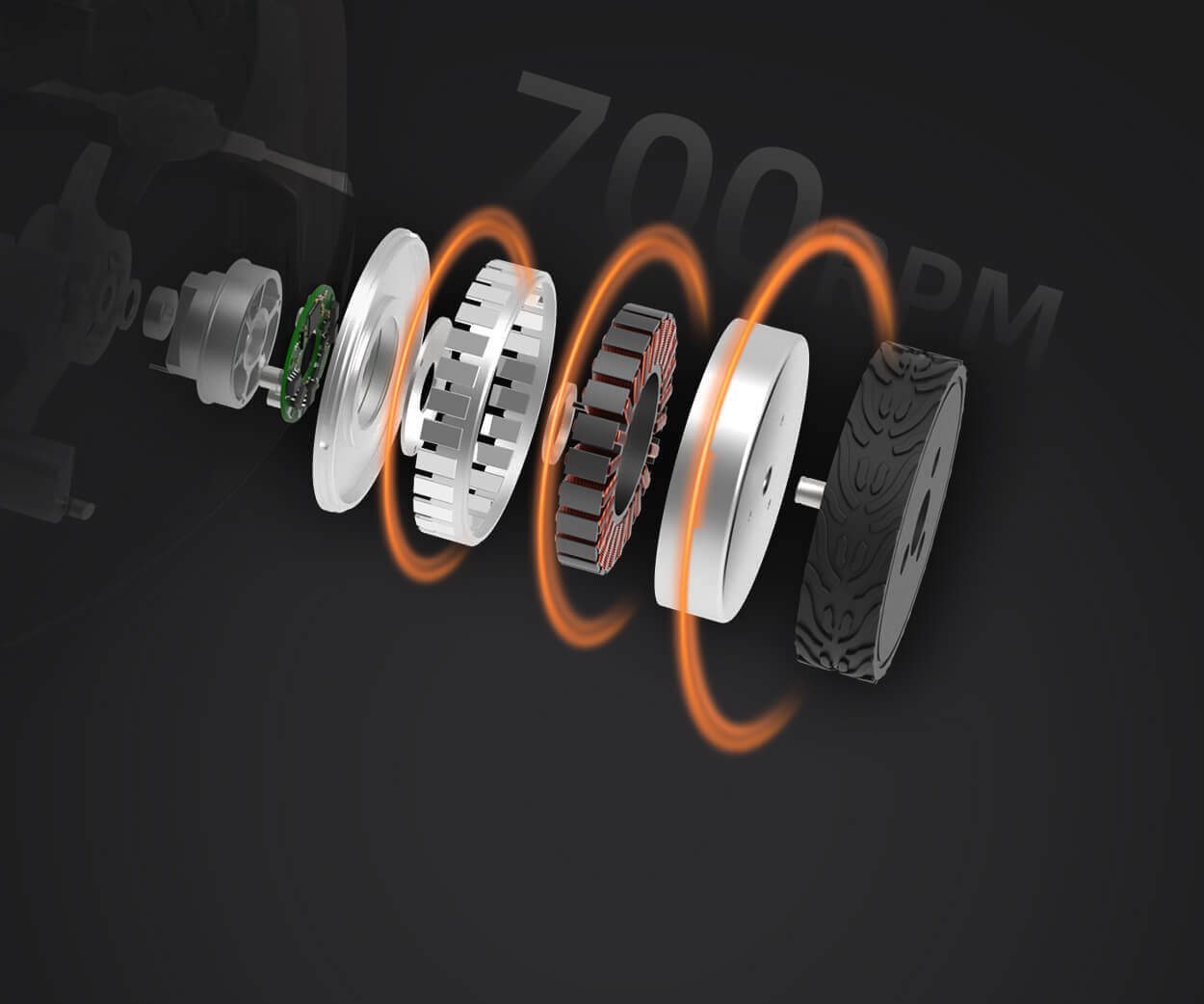When it comes to motors, you might hear a lot about DC motors and servo motors, but how do they really differ? Let’s break it down and explore the key points in a way that makes sense for anyone working with motors in their projects or products. You don’t need to be a technical expert to grasp these differences, but knowing them could make all the difference when it comes to choosing the right motor for your application.

First up, DC motors are all about simplicity. These motors run on direct current (DC) and are incredibly straightforward. When you connect them to a DC power source, the motor spins continuously in one direction until you either stop the current or change its direction. They’re widely used in applications where you need constant speed and power, like in toys, small appliances, and even electric vehicles. DC motors are known for their efficiency and ease of control. Want to slow it down, speed it up, or reverse it? Just tweak the power supplied to the motor, and it responds instantly.
Now, servo motors, on the other hand, are a different beast. They’re designed to move to a specific position and then hold that position with precision. Unlike DC motors, which are more concerned with continuous rotation, servo motors are typically used in applications where you need controlled movement within a set range. Think of robotic arms, camera gimbals, or CNC machines. The defining feature of a servo is its feedback system, which allows it to know its exact position at any given moment. This is why servo motors are ideal for tasks that require accuracy—like controlling the angle of a satellite dish or steering a robotic rover.
Here’s where it gets interesting. While a DC motor will keep spinning as long as it’s powered, a servo motor only moves as much as needed to reach a target position. Once it hits that position, it stays there, holding steady until the next command. So, if you’re building something where precision is key—say, you’re designing an automatic door that needs to open exactly to a certain angle every time—a servo motor is the go-to option. It’s designed for that kind of repeatability.
But don't think that DC motors can't be precise. They can be, but you’d need additional components like encoders or controllers to monitor and adjust their position. The beauty of a servo motor is that it comes with that built-in feedback system. With a DC motor, you’re getting raw speed and torque, but with a servo, you get speed and precision.
Let’s not forget the flexibility. DC motors are great for simple tasks, but servos can be tailored for very specific applications. That’s why servos often come with a slightly higher price tag. If you don’t need that level of precision, you can save some money by sticking with a DC motor.
In the end, the choice between a DC motor and a servo motor all boils down to the needs of your project. Are you looking for continuous motion with variable speed? Go with a DC motor. Do you need pinpoint accuracy in positioning? A servo motor’s your best bet. Understanding these differences can save you time, effort, and money. And when it comes to picking the right motor, that’s always a win.
Established in 2005, Kpower has been dedicated to a professional compact motion unit manufacturer, headquartered in Dongguan, Guangdong Province, China. Leveraging innovations in modular drive technology, Kpower integrates high-performance motors, precision reducers, and multi-protocol control systems to provide efficient and customized smart drive system solutions. Kpower has delivered professional drive system solutions to over 500 enterprise clients globally with products covering various fields such as Smart Home Systems, Automatic Electronics, Robotics, Precision Agriculture, Drones, and Industrial Automation.




































